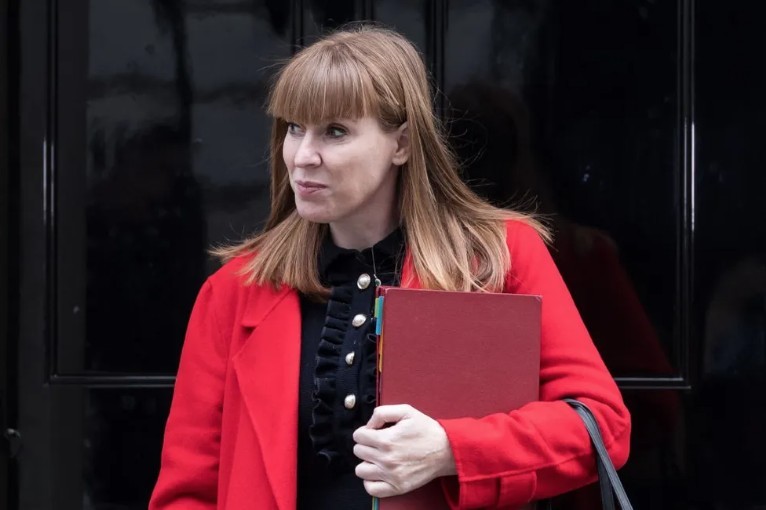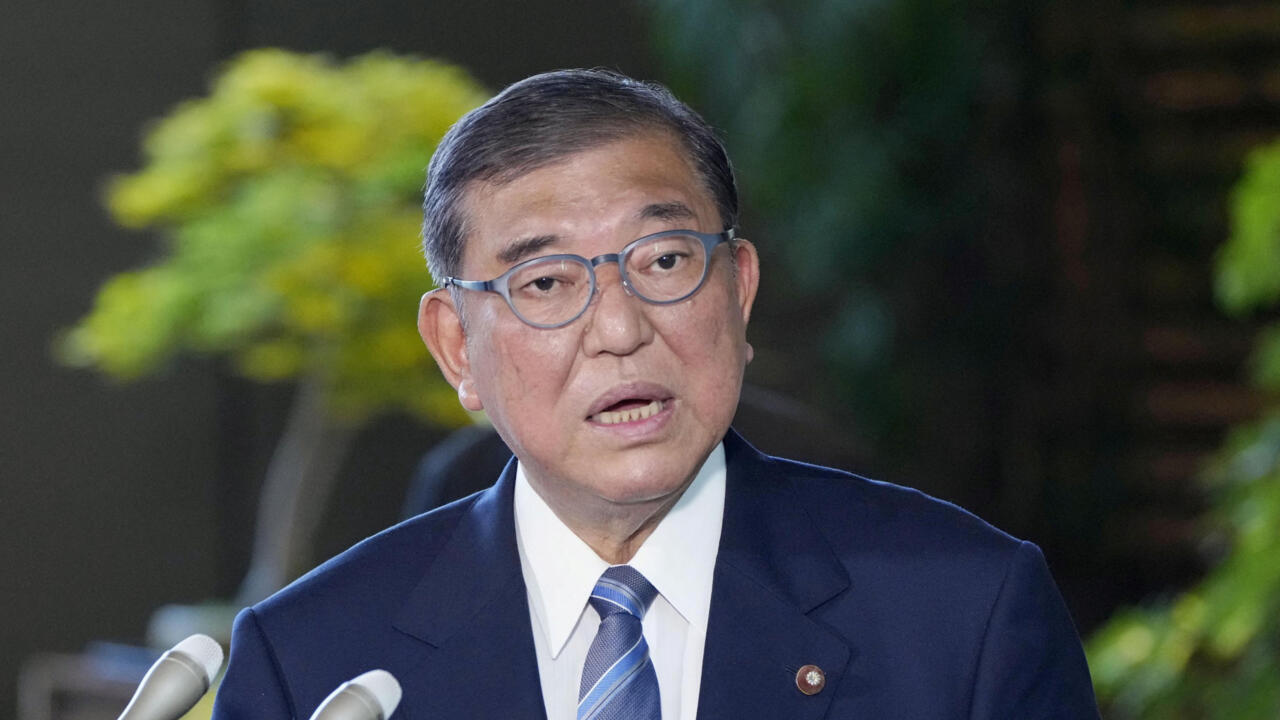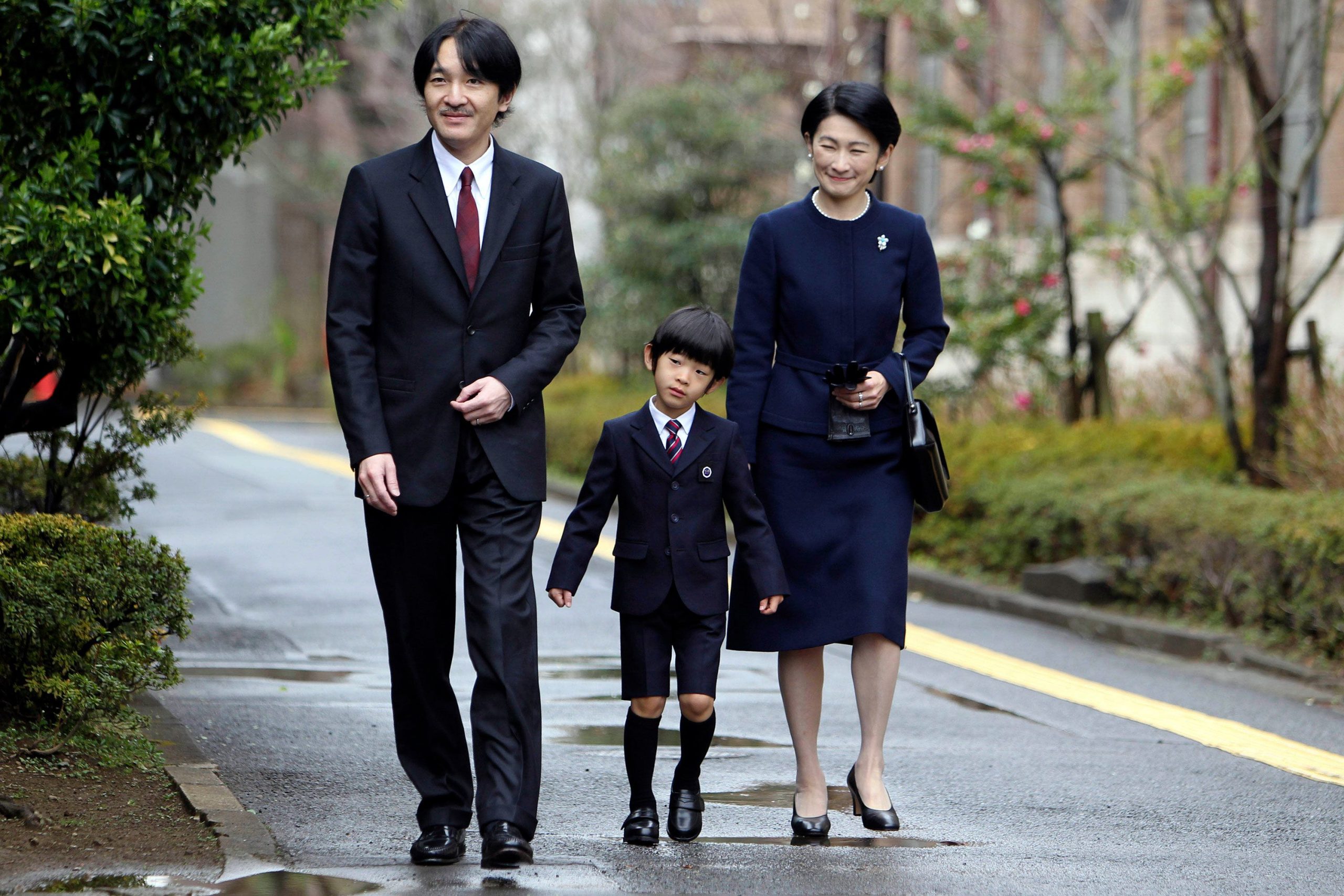In a stunning political development that has sent shockwaves through Westminster, Deputy Prime Minister Angela Rayner has resigned, plunging the Labour government into its most serious crisis since taking power. Rayner, a prominent figure in British politics known for her sharp wit, working-class roots, and ability to connect with voters across the country, cited deep disagreements with the government’s direction and mounting internal conflicts as reasons for her decision. Her departure has not only weakened Prime Minister Keir Starmer’s leadership but has also raised questions about the Labour Party’s unity, its ability to govern effectively, and its future prospects ahead of the next general election.
- Who is Angela Rayner? A Political Profile
- The Immediate Causes of Rayner’s Resignation
- Impact on the Labour Government’s Stability
- Historical Precedents of Political Resignations in the UK
- Public and Party Reactions
- The Policy Vacuum Left Behind
- The Future of Keir Starmer’s Leadership
- International Repercussions
- FAQs
- Why did Angela Rayner resign as Deputy Prime Minister?
- How will her resignation affect the Labour government?
- Could this lead to a leadership challenge against Keir Starmer?
- What policies are most affected by Rayner’s resignation?
- How does this compare to past UK political resignations?
- What does this mean for Labour’s electoral prospects?
- Conclusion
Rayner’s resignation represents more than the exit of a senior cabinet minister; it is a symbolic rupture in a government that came to power on the promise of stability, integrity, and competence. The Labour Party, having fought its way back from years of opposition, now faces internal discord that threatens to overshadow its policy agenda and tarnish its public image. This article explores the causes, consequences, and broader political implications of Angela Rayner’s resignation, drawing on expert analysis, historical context, and the reactions of key stakeholders.
Who is Angela Rayner? A Political Profile
Angela Rayner has been one of the most recognizable faces of the Labour Party in recent years. Rising from humble beginnings—leaving school at 16, becoming a mother at a young age, and working as a care worker before entering politics—Rayner’s personal story has often been cited as a testament to resilience and determination.
Elected as the MP for Ashton-under-Lyne in 2015, Rayner quickly established herself as a forceful speaker and a champion of social justice. She was seen as someone who embodied the values of ordinary working-class Britons, making her an asset to a party often accused of being too metropolitan and disconnected from its traditional base.
As Deputy Prime Minister and a central figure in the Labour government, Rayner wielded significant influence, particularly in shaping domestic policy around housing, workers’ rights, and social equality. Her departure leaves a void not only in leadership but also in the emotional and symbolic connection between Labour and millions of its supporters.
The Immediate Causes of Rayner’s Resignation
While political resignations are rarely the result of a single event, Rayner’s decision appears to be the culmination of several overlapping tensions.
First, reports suggest that she had been increasingly frustrated with Prime Minister Keir Starmer’s leadership style, which some describe as overly cautious and technocratic. Rayner, in contrast, has long advocated for a more populist and bold approach to governance, emphasizing direct action on cost-of-living issues and inequality.
Second, sources indicate that policy disagreements reached a breaking point over economic strategy. Rayner was reportedly critical of the government’s hesitance to pursue wealth taxes and its moderate stance on public spending, arguing that Labour risked alienating its base by not delivering transformative change.
Finally, personal tensions within the cabinet are said to have played a role. While Rayner and Starmer initially presented a united front, their relationship has deteriorated over time, with aides describing “frequent clashes” over both style and substance. Her resignation letter, though measured, alluded to “irreconcilable differences” with the leadership’s current path.
Impact on the Labour Government’s Stability
The resignation of a deputy prime minister is always destabilizing, but in this case, the impact is particularly severe. Labour had built its electoral campaign around the promise of unity and competence after years of Conservative turmoil. The sudden departure of one of its most prominent leaders undermines that narrative and gives the opposition a powerful line of attack.
Political analysts warn that the crisis could quickly escalate. Without Rayner’s ability to rally grassroots support and communicate Labour’s message to working-class voters, the government risks losing credibility in key constituencies. Early polling conducted after the resignation suggests a dip in Labour’s approval ratings, with undecided voters expressing concern about the party’s internal divisions.
Historical Precedents of Political Resignations in the UK
To fully appreciate the gravity of this development, it is useful to place Rayner’s resignation within the broader history of UK political resignations. Britain has a long tradition of high-profile departures reshaping governments. Geoffrey Howe’s resignation in 1990 famously triggered the downfall of Margaret Thatcher, while Robin Cook’s departure in 2003 over the Iraq War dealt a significant blow to Tony Blair’s credibility.
Rayner’s case carries echoes of both. Like Howe, her resignation exposes deep fissures within the leadership. Like Cook, she represents a moral voice of dissent that could resonate beyond her immediate political circle. In this sense, Rayner’s departure has the potential to become a turning point in Labour’s trajectory, with consequences that extend far beyond the immediate news cycle.
Public and Party Reactions
The reaction to Rayner’s resignation has been swift and divided. Within the Labour Party, some MPs have rallied behind Starmer, emphasizing the importance of presenting a united front in the face of Conservative criticism. Others, however, have openly expressed sympathy for Rayner, praising her authenticity and calling for the leadership to reflect on its direction.
Among the public, initial reactions suggest disappointment and frustration. Social media has been flooded with tributes to Rayner’s working-class background and her ability to speak plainly about issues that matter to ordinary citizens. For many, her departure symbolizes the loss of a voice that made Labour relatable and trustworthy.
The Conservatives, unsurprisingly, have seized on the crisis, framing it as evidence that Labour is “unfit to govern” and plagued by internal divisions. Meanwhile, smaller parties such as the Liberal Democrats and the Greens have used the moment to highlight their own stability and offer themselves as alternatives to disillusioned voters.
The Policy Vacuum Left Behind
One of the most immediate challenges facing Labour is the policy vacuum created by Rayner’s resignation. As Deputy Prime Minister, she was instrumental in pushing forward proposals on affordable housing, workers’ rights, and social care. Her absence leaves a gap in both policy leadership and political communication.
The risk is that these issues, which resonate deeply with Labour’s base, will lose momentum or be watered down in internal disputes. Without a strong champion for bold social reforms, the government may struggle to distinguish itself from its predecessors and deliver on the transformative agenda it promised.
The Future of Keir Starmer’s Leadership
Perhaps the most pressing question now is what Rayner’s resignation means for Keir Starmer’s leadership. While he remains prime minister, his authority has clearly been weakened. Critics within his own party are likely to use this moment to push for a course correction, demanding a more radical economic and social program to match voter expectations.
There is also the looming threat of a leadership challenge. Although no immediate challenger has emerged, Rayner’s resignation could embolden figures within the party who have long harbored doubts about Starmer’s ability to lead effectively. The coming months will be crucial in determining whether he can regain control of the narrative and prevent the crisis from spiraling further.
International Repercussions
Rayner’s resignation is not only a domestic matter; it also carries international significance. As Deputy Prime Minister, she was a visible representative of Britain abroad, particularly in discussions around workers’ rights, gender equality, and climate change. Her departure raises questions about continuity in these areas and could weaken the UK’s ability to present a coherent front on the global stage.
European allies, already navigating complex post-Brexit negotiations with the UK, may interpret the crisis as a sign of instability, complicating diplomatic efforts. Meanwhile, international observers will be watching closely to see whether Labour can maintain its momentum or whether internal discord will undermine its global credibility.
FAQs
Why did Angela Rayner resign as Deputy Prime Minister?
Angela Rayner resigned due to growing policy disagreements with Prime Minister Keir Starmer, frustration with the government’s cautious approach, and personal tensions within the cabinet.
How will her resignation affect the Labour government?
Her departure destabilizes the government, weakens Starmer’s leadership, and risks alienating working-class voters who strongly identified with Rayner’s background and advocacy.
Could this lead to a leadership challenge against Keir Starmer?
While no immediate challenger has emerged, Rayner’s resignation has significantly weakened Starmer’s authority and could embolden critics within the party to push for change.
What policies are most affected by Rayner’s resignation?
Her departure leaves a gap in leadership on issues such as affordable housing, workers’ rights, and social care—areas where she had been a key advocate.
How does this compare to past UK political resignations?
Rayner’s resignation has been compared to Geoffrey Howe’s in 1990 and Robin Cook’s in 2003, both of which had major political consequences and signaled deep divisions within the government.
What does this mean for Labour’s electoral prospects?
If unresolved, the crisis could damage Labour’s image as a stable alternative to the Conservatives, potentially undermining its chances in the next general election.
Conclusion
Angela Rayner’s resignation as Deputy Prime Minister marks a critical juncture in British politics and a defining moment for the Labour government. Her departure underscores deep internal divisions and casts doubt on Prime Minister Keir Starmer’s leadership at a time when unity and clarity of purpose are essential.
For the Labour Party, the challenge now is twofold: to restore public confidence by addressing the issues Rayner championed, and to demonstrate that it can govern with stability and vision. Failure to do so could not only derail its policy agenda but also jeopardize its future electoral prospects.
























